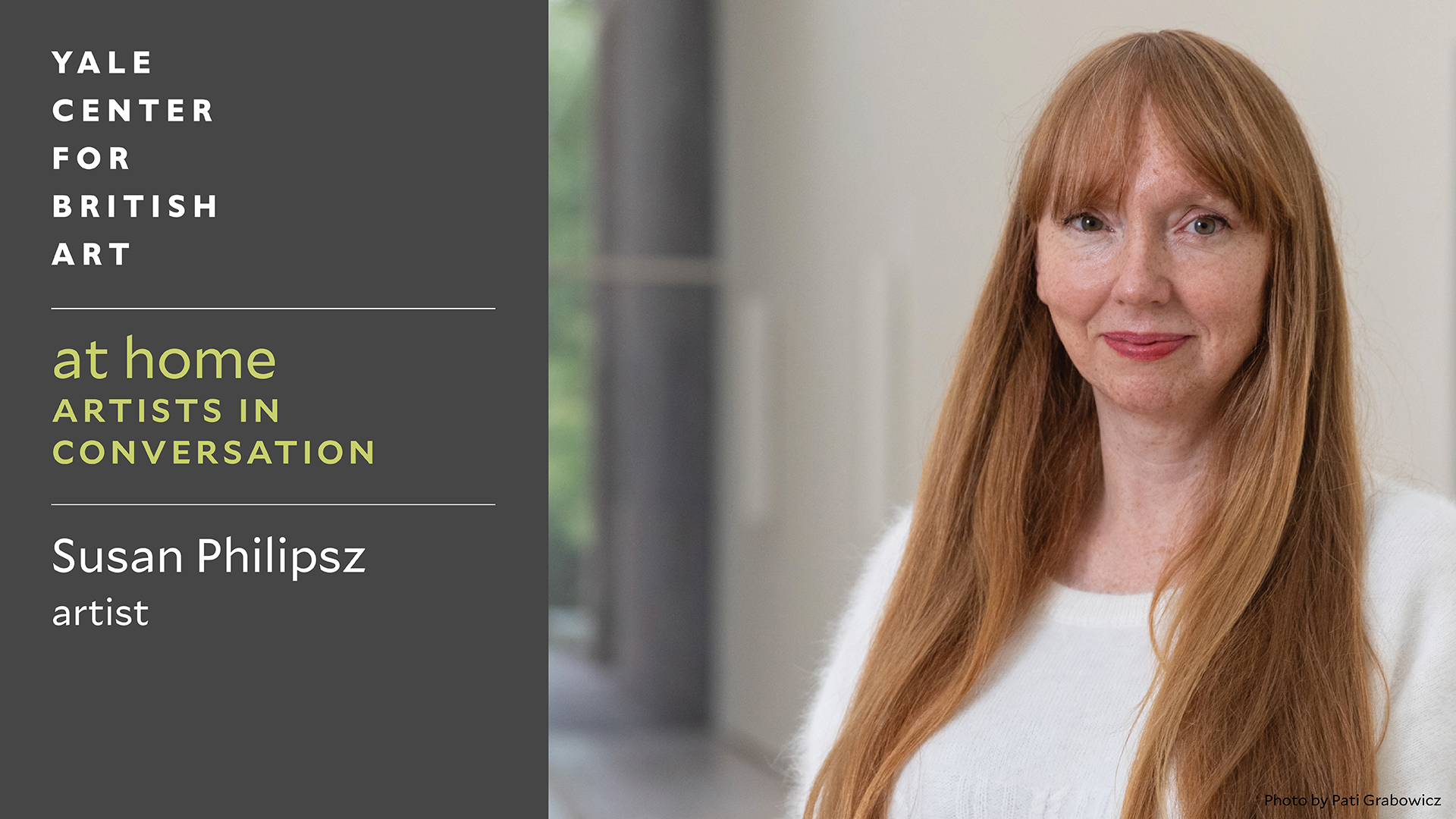About this program
Philipsz will discuss her sound installations as well as her new film, Study for Strings Sokol Terezín, based upon the story of Jewish Czech composer Pavel Haas.
About Susan Philipsz
Born in Glasgow in 1965, Susan Philipsz explores the psychological and sculptural potential of sound in her work. She received a BFA in sculpture from Duncan of Jordanstone College of Art and Design in Dundee, Scotland, in 1993, and an MFA from the University of Ulster in Belfast in 1994. In 2000, she completed a fellowship at MoMA PS1 in New York. In 2010 she won the Turner Prize for her audio-based work Lowlands, becoming the first person to win with a sound installation. Although trained as a sculptor, Philipsz predominantly creates sound installations, using recordings of her voice that are played at specific sites. Philipsz, who says she is interested in the “sculptural values of sound,” selects locations that are architecturally distinctive, such as beneath the bridges of the River Clyde in Glasgow or in the rotunda of the Guggenheim Museum in New York, to heighten visitors’ awareness of the space. Her installations often include film, images, objects, and architectural interventions that further heighten the visitor’s engagement with their surroundings. While each piece is unique, the storylines often explore familiar themes of distance and separation, absence and loss.
Philipsz made her first sound work in 1994. Titled Safe, it was a rendition of a lullaby from Engelbert Humperdinck’s opera Hansel and Gretel, which she played down a chimney in a former retirement home. The artist’s major commissions include Lowlands, her Turner Prize–winning work for Glasgow International in 2010; Surround Me: A Song Cycle for the City of London, a public project organized by Artangel in London (2012–11); and Study for Strings for dOCUMENTA (13) (2012), to name a few.
Philipsz recently presented a new film on two screens at Tanya Bonakdar Gallery, New York. Titled Study for Strings Sokol Terezín, the work is based upon the story of Jewish Czech composer Pavel Haas who, in 1941, was deported to Terezín/Theresienstadt in what is now the Czech Republic. While there, he composed Study for String Orchestra, which was performed under duress for a Nazi propaganda film. After performing for the film, Haas and most of the participants were deported to Auschwitz, where they were killed.
Solo exhibitions of Philipsz’s work have been presented at ARoS Aarhus Art Museum, Denmark (2023); SF MoMA, San Francisco (2022); Oude Kerk, Amsterdam (2021); Pulitzer Art Foundation, St. Louis, MO (2019); The Tanks, Tate Modern, London (2018); Scottish National Gallery of Modern Art, Edinburgh (2017); Kunsthaus Bregenz, Austria (2016); Hirschhorn Museum and Sculpture Garden, Washington, DC (2016); Duveen Galleries, Tate Britain, London (2015); and Hamburger Bahnhof, Berlin (2014). Her work can be found in collections worldwide. Philipsz lives and works in Berlin.
at home: Artists in Conversation
Join us for lively and inspiring conversations with some of today’s most notable artists. “at home: Artists in Conversation” brings together curators and artists to discuss artistic practices and insights into their work.

